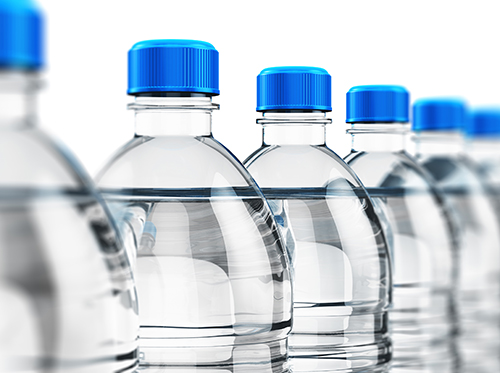
For months and months, you’ve been dedicated to following your orthodontic treatment plan. Wearing your bands or putting in the hours with your aligners. Eating orthodontic-friendly foods. Seeing your orthodontist on a regular basis.
But that’s all in the past. Today, your braces are coming off! You’ve finished with your last set of clear aligners! Now it’s time to enjoy your accomplishment and celebrate this moment.
And after you’ve celebrated the moment, what’s next? Why, it’s time to look to the future! Because one thing we can predict for the years ahead is that you’ll want to keep your smile looking as wonderful as it does today. Let’s look at some of the simple steps you can take to retain that new smile.
Keep Up With Your Brushing and Flossing
Wearing braces or aligners meant learning a whole new way to take care of your teeth and gums. You used special tools to clean around your brackets and wires. You learned how to keep your aligners clean and stain-free. You brushed and flossed after every meal and snack break.
So returning to regular hygiene habits should be a cinch—two minutes of thorough brushing at least twice a day, with careful flossing at least once each day. And you’ll probably notice something else which makes your life easier—properly aligned teeth are easier to brush and floss effectively.
But just because it’s easier, doesn’t mean it’s not as important. Keeping your teeth clean and cavity-free and your gums healthy will keep your smile looking its best, so be sure to brush and floss just as consistently as you did when you were in treatment.
See Your Dentist Regularly
Even though you won’t be making regular visits to our Boynton Beach, FL office anymore, that doesn’t mean your dental calendar is clear! Cavities aren’t a good look for your new smile. Neither are tartar stains or red and swollen gums.
Checkups once or twice a year mean that you have a healthy smile as well as a beautifully aligned one. And a professional cleaning from your dentist’s office will make sure it’s a gum-healthy, bright, and stain-free smile as well.
Wear Your Retainer
Your teeth may have moved to their perfect positions, but they haven’t moved there permanently yet.
During orthodontic treatment, gentle pressure from your appliance causes steady, careful tooth movement. As teeth move in the jaw, old bone cells around the roots break down where they’re no longer needed, and new bone cells build up around the roots in their new position. It’s a gradual process which makes sure your teeth are held firmly in the jawbone.
Bu this isn’t the end of the process. When you stop wearing braces or aligners, teeth and ligaments may begin shifting back to their original location. The new bone tissue that holds your teeth in their ideal spots isn’t strong enough yet to stop this shifting, especially with the normal forces of biting, chewing, clenching, and all the other activities that put pressure on teeth.
Your retainer holds your teeth in just the right position while jawbone tissue has time to reshape, rebuild, and stabilize. This can take months or more to accomplish, especially when you’ve had a more serious misalignment or bite correction.
Which also means . . .
Wear Your Retainer as Long as Necessary
Drs. Lawrence Hier and Michelle Palmer will recommend the best retainer for you. Three popular options include:
- Hawley Retainers—the traditional removable retainer. This appliance uses wires embedded in a molded acrylic plate to keep your teeth properly aligned and to hold your retainer in place.
- Clear Plastic Retainers—a removable custom retainer made of vacuum-formed plastic. This piece looks and fits over the teeth like a clear aligner.
- Fixed Retainers—a small single wire bonded to the back of specific teeth to hold them in place and prevent any movement.
For the first few months, you might need to wear your removeable retainer both night and day, and then switch to nighttime wear. Drs. Lawrence Hier and Michelle Palmer might recommend long-term nightly retainer use, or perhaps taper to a few nights a week. A fixed retainer can last for many years. We can’t tell you how long you’ll need to wear your retainer because that answer depends on your specific orthodontic needs.
If you do stop wearing your retainer and find that your teeth are shifting, see Drs. Lawrence Hier and Michelle Palmer as soon as possible. Fixing a slight shift can be fairly uncomplicated, but waiting until your teeth and bite are more seriously out of alignment could require another session in braces or aligners.
The hard work you’ve put in to create your smile is past, and today you’re enjoying all the benefits of aligned teeth and a comfortable bite. Taking simple steps to maintain these benefits will help guarantee a future filled with healthy, confident smiles.





 Website Powered by Sesame 24-7™
Website Powered by Sesame 24-7™